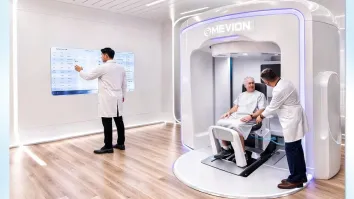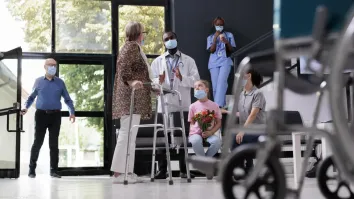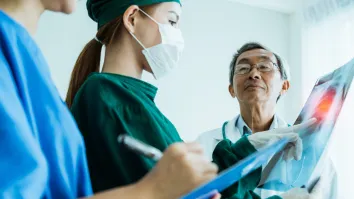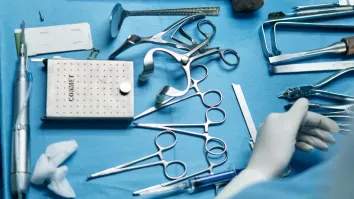Precisely Printed Medical targets complex bone defects
The startup uses bio-ceramics and 3D printing to enhance graft strength for craniofacial and nonunion bone repair.
Precisely Printed Medical Co, Ltd is developing a novel 3D-printed bone graft using bio-ceramic technology to treat complex craniofacial and nonunion bone defects. Founder and Director Jason Wang shared the innovation during Medical Taiwan 2025.
“This technology uses bio-ceramics, designed for bone defects that current treatment strategies can’t fully address. We’ve developed a more precise bone graft structure that fits the patient’s bone shape and improves mechanical strength,” Wang said.
The key challenge lies in the mechanical limitations of ceramic materials. “Ceramics are usually weak and brittle. To overcome this, we use a novel hydrogel system. During the sintering process, the hydrogel shrinks the ceramic powder, increasing density and boosting mechanical strength,” he explained.
The company is now preparing for regulatory approval. “We’ve completed critical tests to meet clinical standards. Our next step is to pass QNS classification and secure TFDA approval,” Wang noted.
Precisely Printed’s technology supports personalised treatment. “In the future, when doctors encounter specific bone defects in patients, they’ll be able to use our customised grafts to aid recovery,” Wang said.



















 Advertise
Advertise






